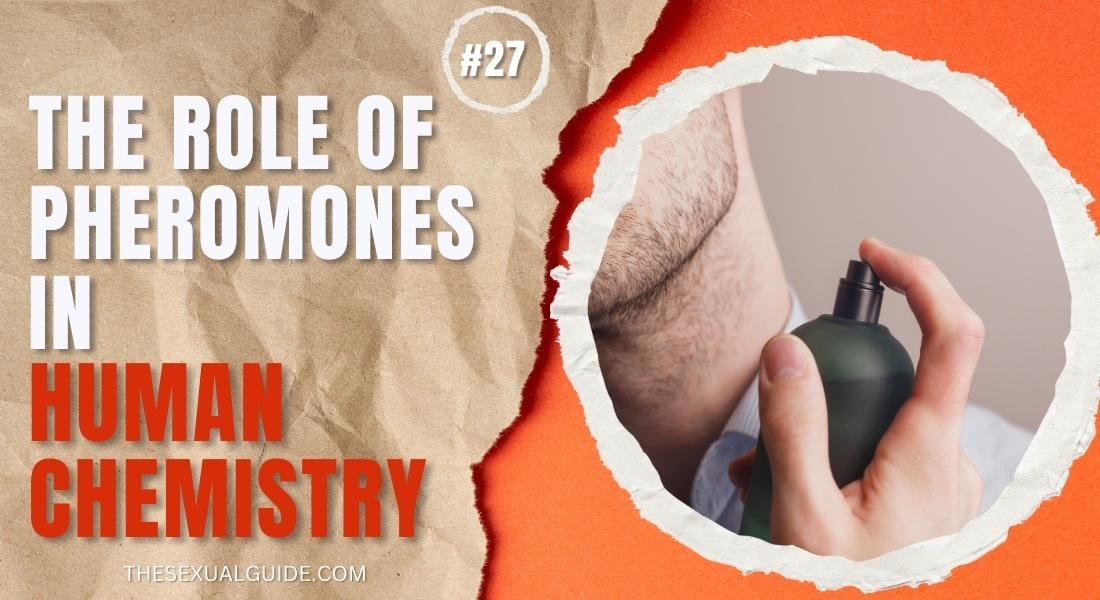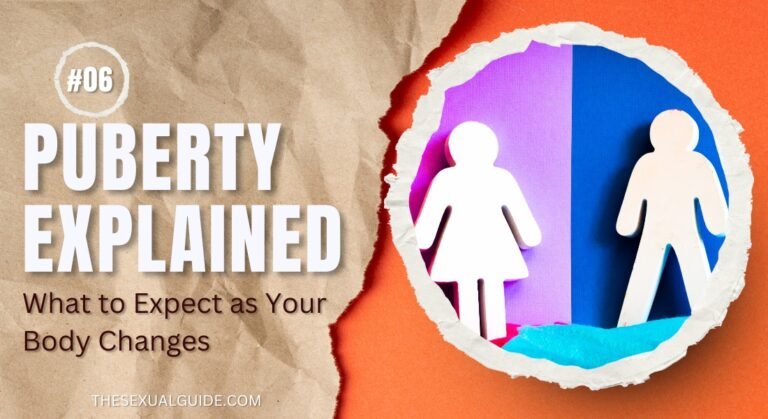Scent is an important factor in human attraction, affecting how we perceive and interact with others in subtle but powerful ways.
The Science of Scent and Attraction
Our sense of smell is closely connected to the brain’s limbic system, which governs emotions and memory.
This connection explains why certain scents can evoke powerful emotional responses and memories.
In the context of attraction, body odors carry chemical signals that can influence perceptions of potential partners.
Pheromones: Nature’s Chemical Messengers
Pheromones are chemical substances produced and released by animals, including humans, that trigger social or behavioral responses in members of the same species.
In humans, the role of pheromones in sexual attraction is a subject of ongoing research.
Androstadienone: The Male Pheromone
Androstadienone, a compound found in male sweat, has been studied for its potential effects on female mood and attraction.
Research indicates that exposure to androstadienone can enhance mood and increase sexual arousal in women.
Estratetraenol: The Female Pheromone
Estratetraenol, a compound found in female urine, has been proposed as a female pheromone.
Studies suggest that exposure to estratetraenol can influence men’s perceptions and increase sexual arousal.
The Major Histocompatibility Complex (MHC) and Mate Selection
The Major Histocompatibility Complex (MHC) is a group of genes involved in immune system function.
Research suggests that individuals are subconsciously attracted to the body odor of potential partners with dissimilar MHC genes, which may lead to offspring with enhanced immune systems.
The Debate: Do Human Pheromones Truly Influence Attraction?
While animal studies have clearly demonstrated the role of pheromones in mating behaviors, the existence and influence of human pheromones remain topics of debate.
Some researchers argue that the human vomeronasal organ (VNO), responsible for detecting pheromones in animals, is vestigial and non-functional in humans.
Consequently, the impact of pheromones on human sexual attraction is not as pronounced as in other species.
The Psychological Impact of Scent
Beyond the biochemical aspects, scent significantly influences psychological perceptions of attraction.
Pleasant fragrances can enhance mood, increase confidence, and make individuals appear more attractive to others.
This psychological effect underscores the importance of personal hygiene and the use of appealing scents in social and romantic contexts.
Practical Implications
- Personal Hygiene: Maintaining good personal hygiene ensures that natural body odors remain at levels that are socially acceptable and potentially attractive.
- Choice of Fragrance: Selecting a fragrance that complements your natural scent can enhance personal appeal. It’s advisable to choose scents that are subtle and not overpowering.
- Awareness of Scent Sensitivities: Be mindful of the fact that scent preferences are subjective, and some individuals may have sensitivities or allergies to certain fragrances.
Addressing Erectile Dysfunction (ED)
For individuals experiencing erectile dysfunction (ED), understanding the multifaceted nature of attraction, including the role of scent, can be beneficial.
While scent alone is not a solution for ED, it contributes to the overall dynamics of sexual attraction and arousal.
Comprehensive approaches to managing ED often involve medical consultation, lifestyle modifications, and open communication with partners.
For trusted solutions and more information on managing ED, consider visiting LibidoDepot.
Conclusion
Scent plays a complex and influential role in sexual attraction, intertwining biological, psychological, and social factors.
While the existence and impact of human pheromones continue to be researched, it’s evident that our sense of smell significantly affects interpersonal connections and perceptions of attractiveness.
Want to learn more? Visit LibidoDepot for trusted solutions.
FAQs: The Role of Pheromones in Human Chemistry
1. What are pheromones and how do they affect human behavior?
Pheromones are chemical signals released by the body that can influence the behavior or physiology of others, particularly in the context of attraction, mating, and social bonding.
2. Do humans actually respond to pheromones like animals do?
While the human response to pheromones is more complex and less instinctual than in animals, research suggests that certain compounds (like androstadienone and estratetraenol) may subtly influence mood, arousal, and perceived attractiveness.
3. Are pheromones proven to enhance sexual attraction?
Some studies show that pheromones can increase perceived attractiveness and influence sexual behavior, but findings are mixed, and the effects are generally subtle rather than dramatic.
4. Can pheromones be used in perfumes or colognes to attract others?
Yes, many fragrances claim to include synthetic pheromones designed to enhance attraction. While these may boost confidence or influence perception, their actual effectiveness in mimicking natural pheromones remains debated in scientific circles.
References
- Human Pheromones and Sexual Attraction
- Pheromones and Their Effect on Women's Mood and Sexuality
- Human Pheromones
- Pheromones in Sex and Reproduction: Do They Have a Role in Humans?
- Human Body Scents: Do They Influence Our Behavior?
- Do Pheromones Play a Role in Our Sex Lives?






